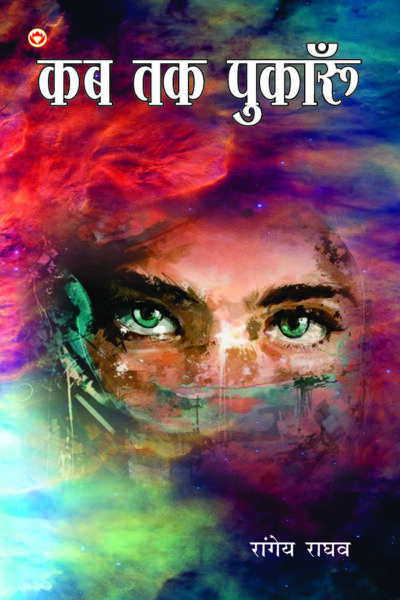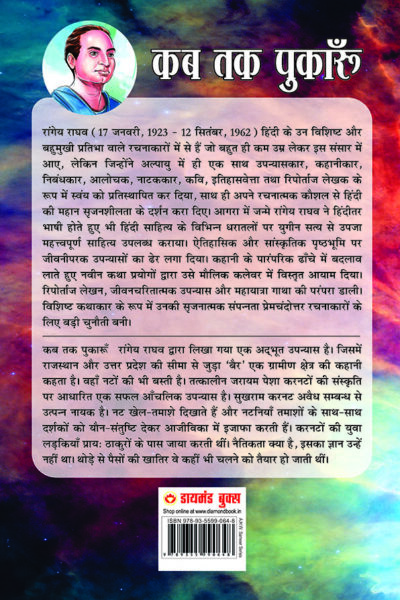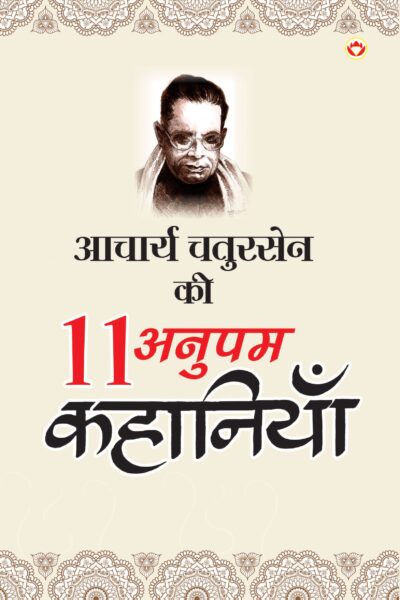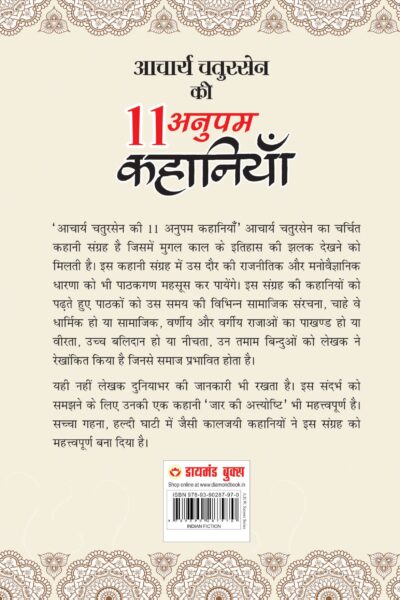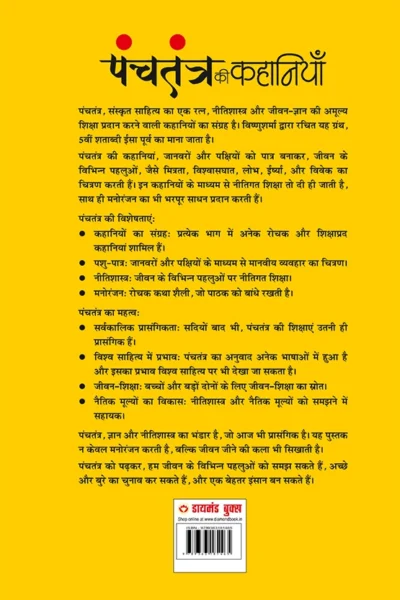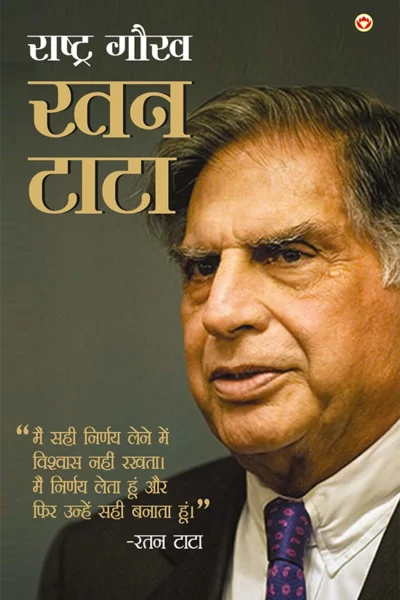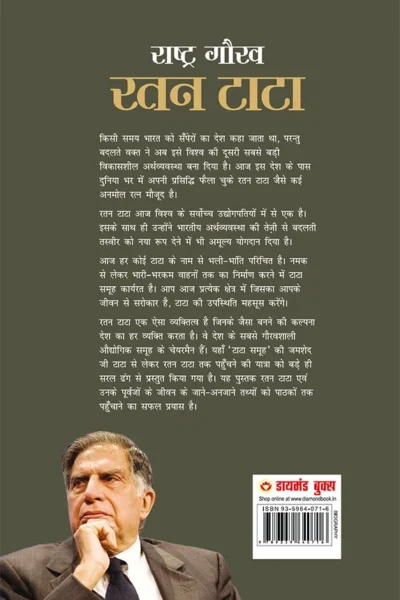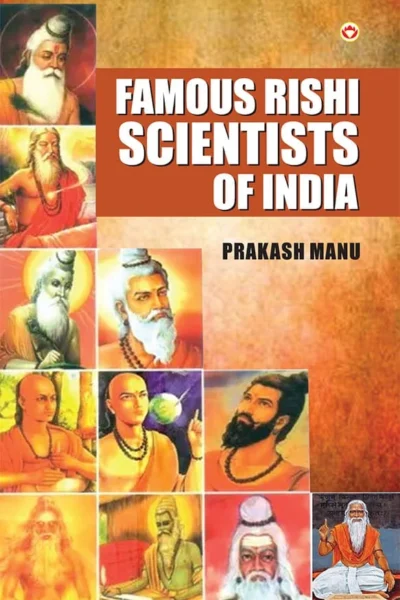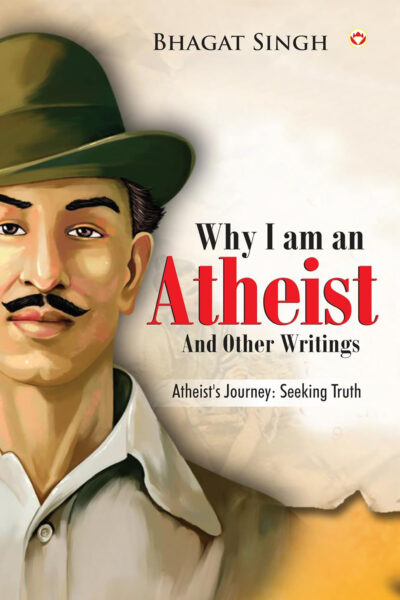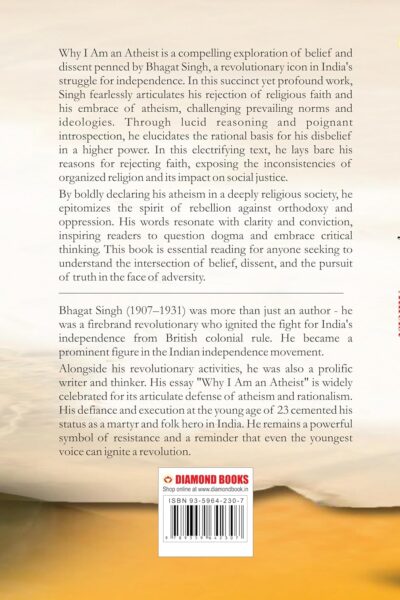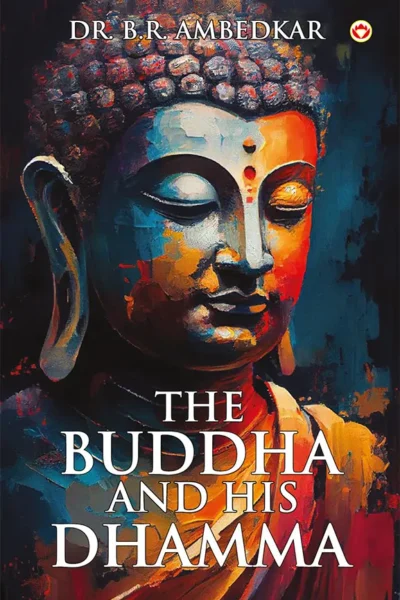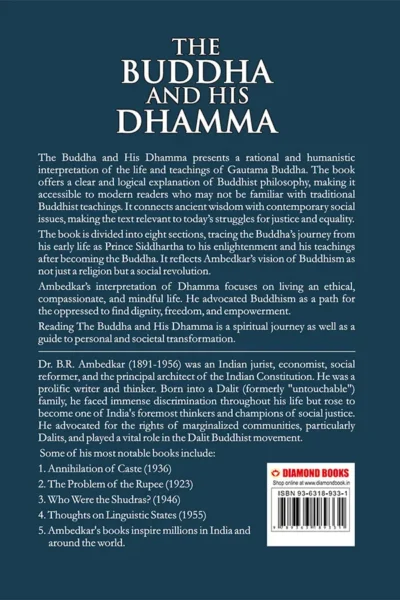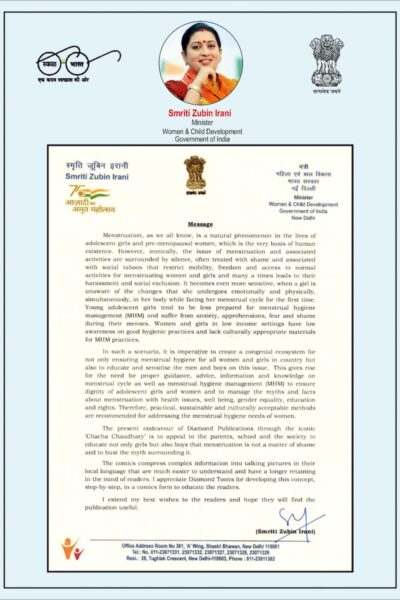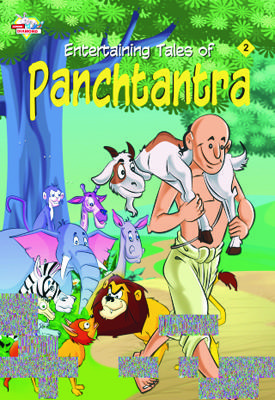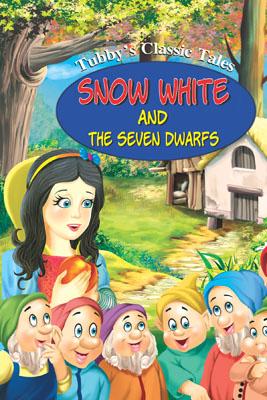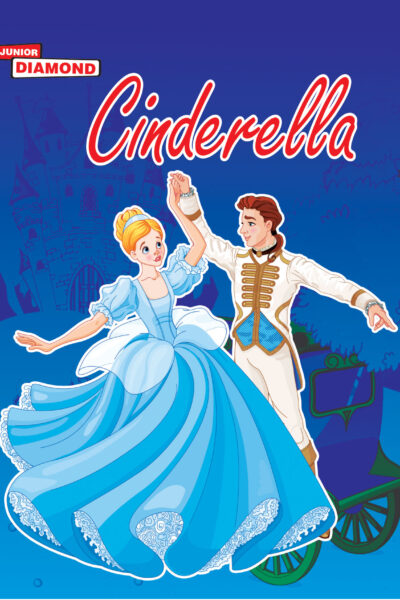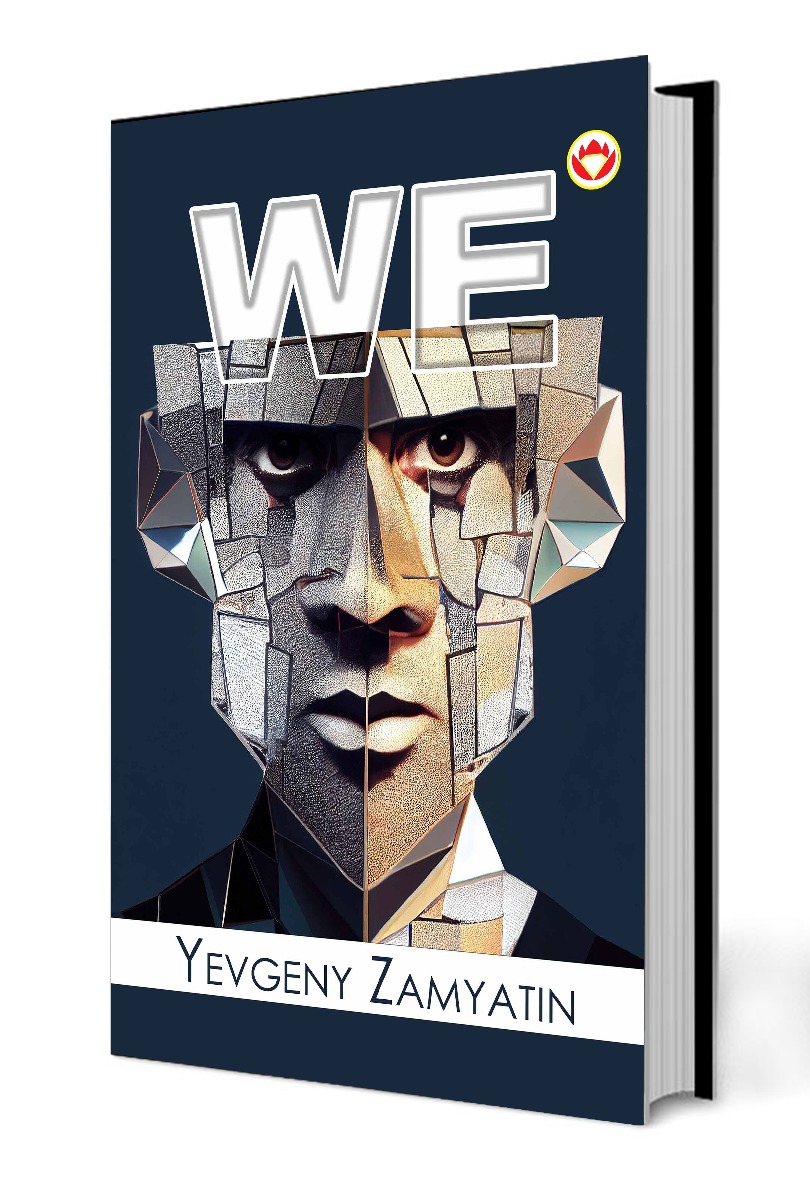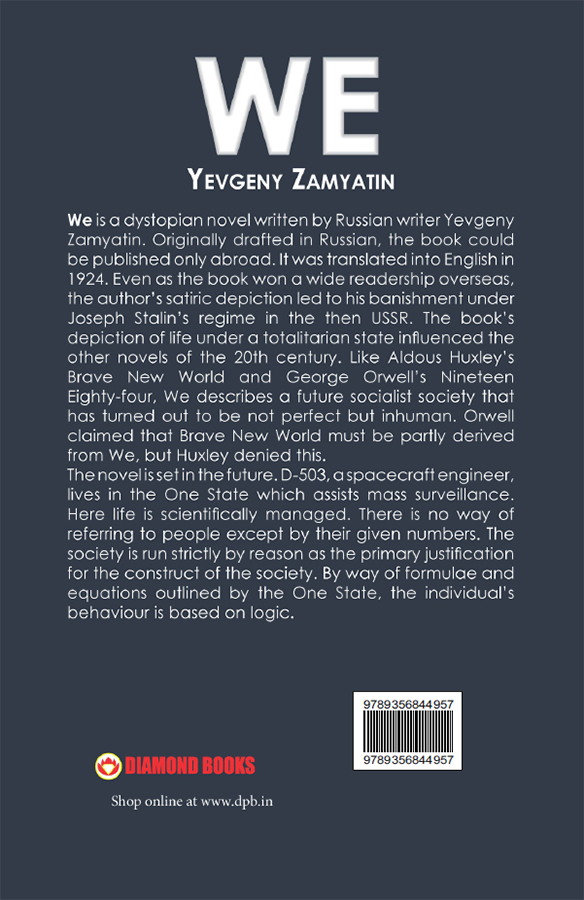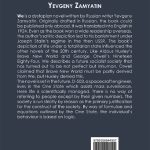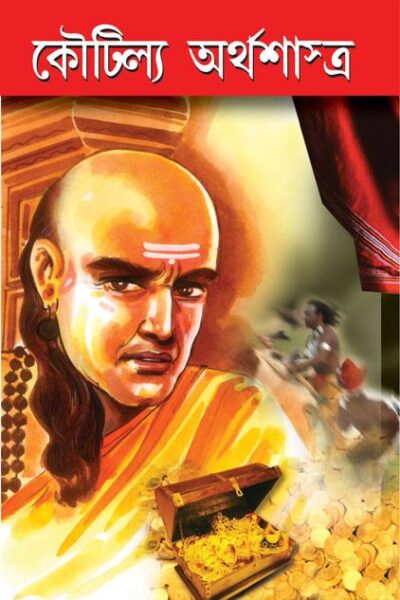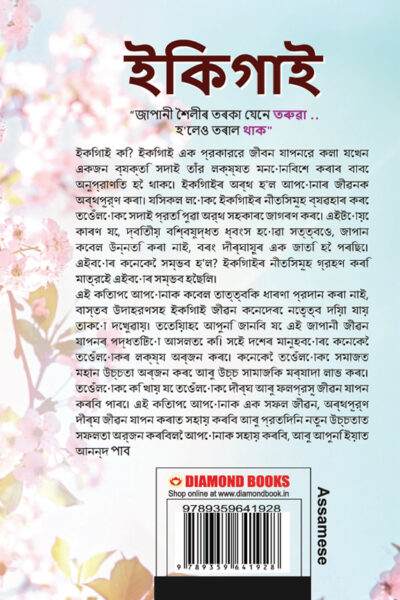- Home
-
-
- Short Stories
- Traveloc
- Novel
- Indian Classics
- Business Strategy
Shop Our top-rated business strategy books are designed for entrepreneurs and business leaders, offering proven strategies to elevate business success. Learn from industry experts and discover actionable insights to drive growth and profitability. Buy now and master the skills that set top businesses apart.
- Corporate History
Discover a comprehensive collection of corporate history books that detail the rise and success of major companies and their visionary leaders. Explore how these influential figures and their groundbreaking strategies have shaped industries and transformed the global business landscape.
- Economics
Discover the best economic and market books in India at Diamond Book Store. Our collection features essential reads on domestic and global market theories, offering in-depth analyses and key insights into economic trends. Enhance your understanding of financial markets, investment strategies, and economic principles with our expertly curated selection. Visit us to grow your knowledge and stay ahead in the world of finance.
- Romance / Fantasy
Discover captivating romance and fantasy books at Diamond Books. From enchanting love stories to magical adventures, these books offer readers a perfect blend of passion and imagination. Ideal for those who love romantic and fantastical narratives.
- Finance
Buy top finance and money management books at Diamond Book Store. Enhance your money-saving skills with expert strategies and key insights. Explore our curated selection to discover effective saving techniques and financial wisdom. Shop now to gain valuable knowledge, make informed decisions, and secure a prosperous financial future.
- Network Marketing
Network Marketing is a business model that leverages personal networks to promote products and services. It empowers individuals to build their own sales team, earning commissions not only from their own sales but also from the sales made by their team members. This model encourages entrepreneurship, collaboration, and exponential growth
- See More
- Short Stories
-
Books, Bookazine, Fiction, Magazines
₹30.00Original price was: ₹30.00.₹29.00Current price is: ₹29.00. Add to cart
-
-
Diamond Books, Books, Fiction, Indian Classics
₹450.00Original price was: ₹450.00.₹449.00Current price is: ₹449.00. Add to cart
-
-
Diamond Books, Fiction, Language & Literature, Short Stories
₹175.00Original price was: ₹175.00.₹174.00Current price is: ₹174.00. Add to cart
-
-
₹1,100.00 – ₹18,000.00 Select options This product has multiple variants. The options may be chosen on the product page
-
-
-
-
- Autobiography
Explore our extensive collection of autobiographies and Memories, showcasing the personal stories, challenges, and triumphs of influential figures from all walks of life. These powerful narratives provide an intimate glimpse into the lives and legacies of remarkable individuals. Discover their inspiring journeys and find your next great read—visit us now!
- Religious
Our collection of religious books is designed to deepen faith, enhance wisdom, and elevate spirituality. It includes timeless classics and contemporary works, offering insightful guidance and teachings to develop a closer relationship with God and understanding of spiritual journey. Shop now for transformative faith and knowledge.
- Internet
Computing and the internet are rapidly evolving fields that shape our daily lives and future innovations. This guide offers a comprehensive look at the latest trends, technologies, and best practices in the digital realm. Whether you’re interested in cutting-edge computing advancements or the latest developments on the internet, this resource provides valuable insights to help you stay informed and make the most of the digital world
- Family Health
Explore Diamond Books’ family health collection. Featuring comprehensive guides on wellness and practical nutrition tips, these books provide essential advice for keeping your family healthy and thriving.
- History & Politics
Discover the wonders of India, a land of rich history, vibrant culture, and stunning landscapes. Explore famous landmarks, delve into the diverse traditions, and experience the beauty of India’s heritage. Whether you’re seeking historical insights or planning a trip, India offers endless possibilities for discovery and adventure
- Hinduism
Dive into Hinduism with comprehensive resources that cover key beliefs, rituals, and cultural practices. Explore the spiritual and philosophical dimensions of Hinduism, including its rich traditions and sacred texts, to gain a deeper understanding of this ancient religion. Ideal for those seeking to learn about the diverse aspects of Hindu culture and spirituality.
- Scientist & Inventors
Explore the diamond book store for the best Scientist & Inventors Books Collection” includes biographies, autobiographies, and detailed accounts of the lives and works of iconic figures like Albert Einstein, Nikola Tesla, Marie Curie, Thomas Edison, and many more. Each book delves deep into the minds of these geniuses, offering insights into their thought processes, challenges, and the impact of their discoveries on the modern world.
- Occult and Vastu
Unlock the secrets of the occult and Vastu Shastra with our curated books. Explore spiritual wisdom, mystical arts, and harmonious living guides.
- Ayurveda
Discover the essence of Ayurveda with our collection of books at Diamond Books. Featuring ancient practices and modern applications, these books offer comprehensive guidance on achieving balance and wellness through Ayurvedic principles.
- See More
- Autobiography
-
Fiction Books, Autobiography & Memories, Biography
₹250.00Original price was: ₹250.00.₹249.00Current price is: ₹249.00. Add to cart
-
-
- Blog
- Publish With Us
We
₹250.00
- About the Book
- Book Details
We is a dystopian novel written by Russian writer Yevgeny Zamyatin. Originally drafted in Russian, the book could be published only abroad. It was translated into English in 1924. Even as the book won a wide readership overseas, the authors satiric depiction led to his banishment under Joseph Stalins regime in the then USSR. The books depiction of life under a totalitarian state influenced the other novels of the 20th century. Like Aldous Huxleys Brave New World and George Orwells Nineteen Eighty-four, We describes a future socialist society that has turned out to be not perfect but inhuman. Orwell claimed that Brave New World must be partly derived from We, but Huxley denied this.
The novel is set in the future. D-503, a spacecraft engineer, lives in the One State which assists mass surveillance. Here life is scientifically managed. There is no way of referring to people except by their given numbers. The society is run strictly by reason as the primary justification for the construct of the society. By way of formulae and equations outlined by the One State, the individuals behaviour is based on logic.
About the Author
Educated as a naval engineer, Zamyatin combined his scientific career with writing. His early works included Uyezdnoye (A Provincial Tale), a satire of provincial life, and Na kulichkakh (At the World’s End) — an attack on military life that was condemned by tsarist censors. His The Islanders satirized what he saw as the meanness and emotional repression of English life. For many years, his criticism of literary politics kept him out of official favour.
Additional information
| Author | Yevgeny Zamyatin |
|---|---|
| ISBN | 9789356844957 |
| Pages | 248 |
| Format | Hardcover |
| Language | English |
| Publisher | Junior Diamond |
| Amazon | |
| Flipkart | https://www.flipkart.com/we/p/itmfekxzq9xx8ge6?pid=9789356844957 |
| ISBN 10 | 935684495X |
We is a dystopian novel written by Russian writer Yevgeny Zamyatin. Originally drafted in Russian, the book could be published only abroad. It was translated into English in 1924. Even as the book won a wide readership overseas, the authors satiric depiction led to his banishment under Joseph Stalins regime in the then USSR. The books depiction of life under a totalitarian state influenced the other novels of the 20th century. Like Aldous Huxleys Brave New World and George Orwells Nineteen Eighty-four, We describes a future socialist society that has turned out to be not perfect but inhuman. Orwell claimed that Brave New World must be partly derived from We, but Huxley denied this.
The novel is set in the future. D-503, a spacecraft engineer, lives in the One State which assists mass surveillance. Here life is scientifically managed. There is no way of referring to people except by their given numbers. The society is run strictly by reason as the primary justification for the construct of the society. By way of formulae and equations outlined by the One State, the individuals behaviour is based on logic.
About the Author
Educated as a naval engineer, Zamyatin combined his scientific career with writing. His early works included Uyezdnoye (A Provincial Tale), a satire of provincial life, and Na kulichkakh (At the World’s End) — an attack on military life that was condemned by tsarist censors. His The Islanders satirized what he saw as the meanness and emotional repression of English life. For many years, his criticism of literary politics kept him out of official favour.
ISBN10-935684495X
Related products
-
Diamond Books, Business and Management, Economics
₹150.00Original price was: ₹150.00.₹149.00Current price is: ₹149.00. Add to cart


